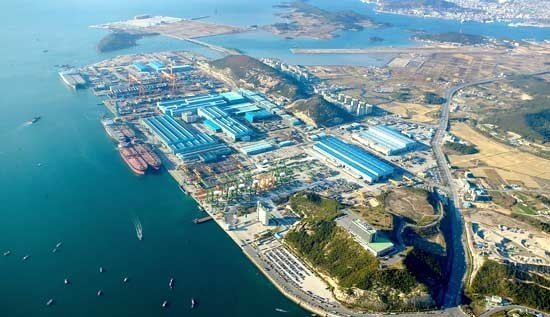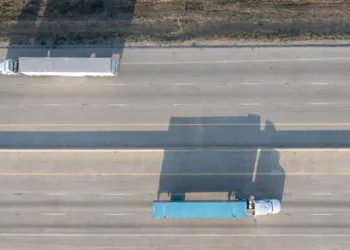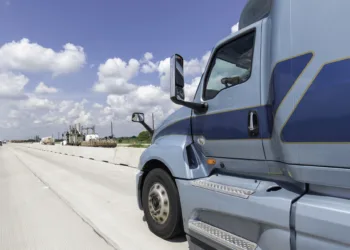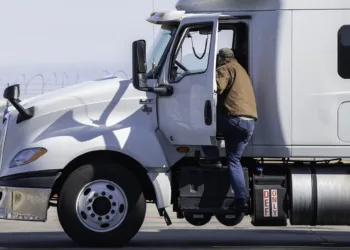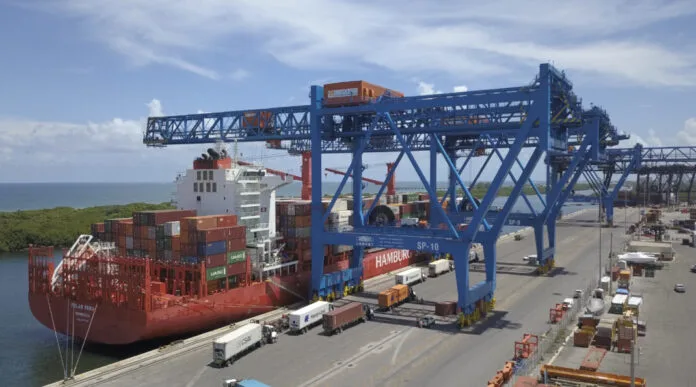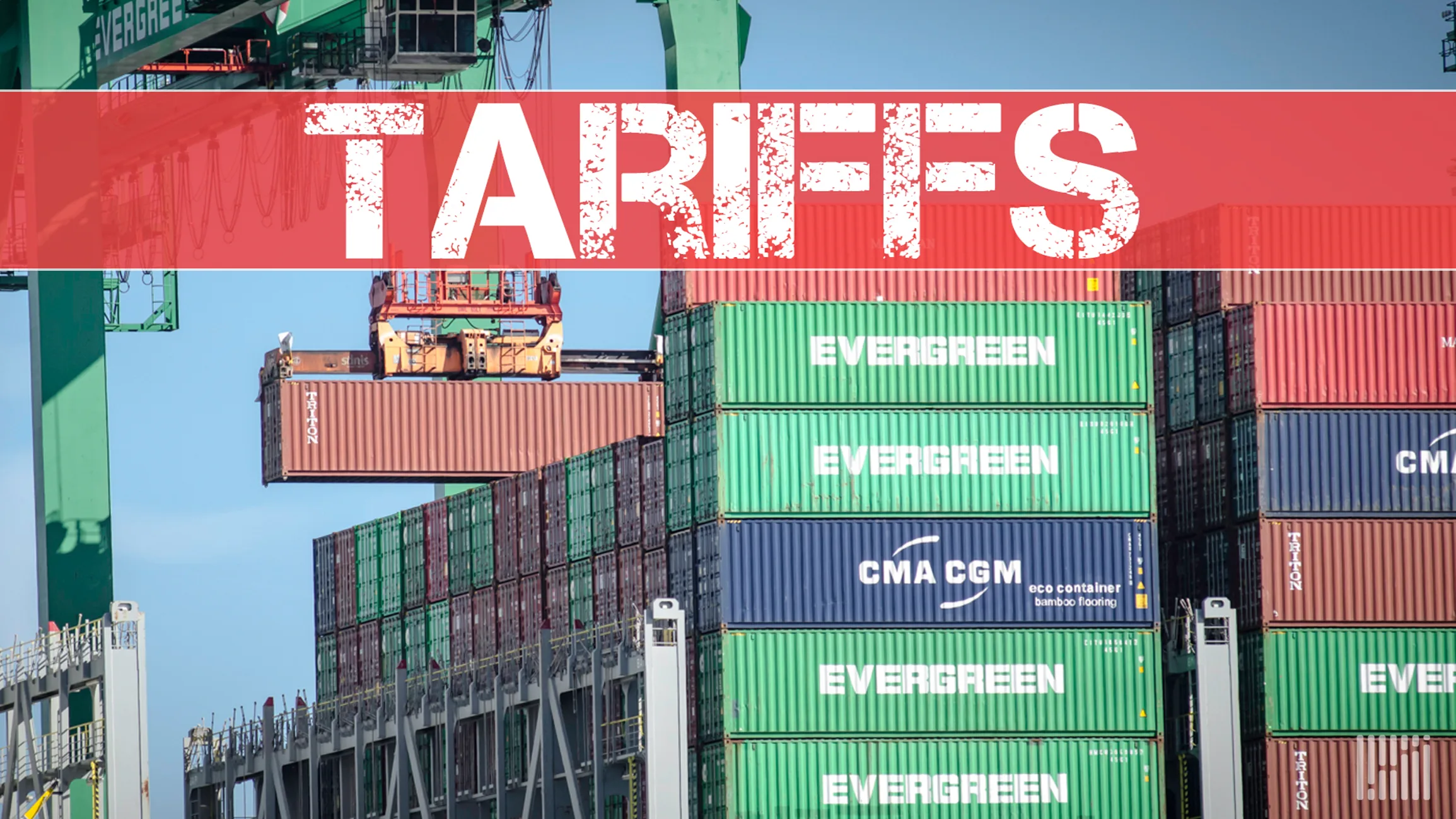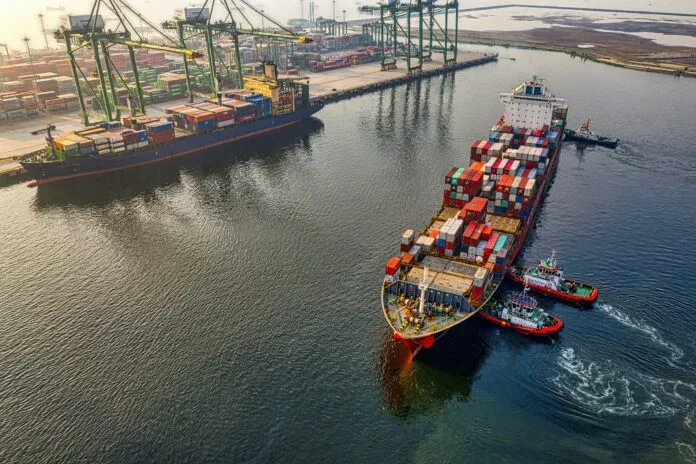Maersk Tankers Advances Clean Ammonia Shipping with Order for Up to 10 Vessels in South Korea
Maersk Tankers, a subsidiary of AP Moller Holding, has taken a significant step towards a cleaner shipping solution with a newbuilding agreement for up to 10 ammonia carriers in South Korea. The contract, signed with Hyundai Samho Heavy Industries, includes four confirmed vessels of 93,000 cubic meters each, set for delivery from 2026 onwards. Additionally, there are options for six more ships, potentially exceeding a total value of $1 billion.
In a noteworthy collaboration, Japanese trading house Mitsui & Co will be a co-investor in the initial four vessels, marking a deal valued at around $432 million.
These newbuilds are poised to become among the largest ammonia carriers globally, designed to transport a full cargo of ammonia. Maersk Tankers re-entered the gas sector in 2023, a decade after divesting the business, and currently provides voyage management services for a growing fleet of nearly 30 very large gas carriers.
Tina Revsbech, CEO of Maersk Tankers, emphasized the importance of tangible actions in the tanker industry to drive the energy transition. She stated, ‘With this initiative, we will be able to service clean ammonia producers and users in many parts of the world with highly energy-efficient and safe ships.’
Maersk Tankers is collaborating with MAN Energy Solutions and Hyundai Heavy Industries’ engine machine division to equip the vessels to run on clean ammonia. However, the decision to install ammonia-capable engines is contingent on regulatory and customer support.
AP Moller Holding’s liner giant Maersk had identified methanol and ammonia as likely fuels for the 2020s three years ago. The company has since ordered over 20 methanol-powered boxships and secured methanol supplies globally. Now, the focus on the ammonia segment of the fuel transition is gaining momentum.
Recent reports suggest that Maersk is nearing orders for a new series of up to twelve 3,500 TEU boxships, with ammonia being considered as a viable propulsion option, according to Alphaliner.



